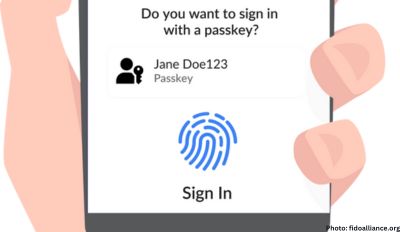Google has announced plans to remove millions of users’ browsing data in response to the settlement of a class-action lawsuit accusing the company of tracking individuals without their consent. The lawsuit, initiated in 2020, contended that Google’s Chrome web browser collected data from users even when in private “incognito” mode, contrary to users’ expectations. Although this mode ostensibly allows users to browse without data collection, the suit alleged that Google’s auxiliary tools, such as advertising technology, continued to gather data.
In December, Google agreed to settle the case, committing to erase “billions” of data records associated with users’ private browsing. The details of the settlement were disclosed in a filing at a federal court in San Francisco. Additionally, Google pledged to enhance its disclosures, providing clearer information on data collection practices and the visibility of users’ activities to websites while in incognito mode. Over the next five years, Google will enable incognito mode users to block third-party cookies, enhancing privacy protection.
Google spokesperson Jose Castaneda expressed satisfaction with the settlement, stating, “We are pleased to settle this lawsuit, which we always believed was meritless.” Castaneda emphasized that Google does not link data to individual users in incognito mode and expressed willingness to delete outdated technical data unrelated to individuals or personalization.
Despite plaintiffs initially seeking $5 billion in damages, the settlement does not involve financial compensation from Google. Instead, individuals retain the option to pursue damages through their own complaints in U.S. state courts, with approximately 50 individuals already having taken this course of action.
David Boies, lead attorney for the plaintiffs, described the settlement as “groundbreaking” and a significant step in compelling major tech companies to be transparent about their data collection and usage practices. Notably, Google’s agreement to retroactively delete user data holds significance as it underpins the company’s lucrative advertising business, reliant on the quality of its search engine. This settlement coincides with Google facing numerous regulatory challenges domestically and internationally, amidst growing concerns regarding tech giants’ utilization of vast user data.
Stephanie Liu, a senior analyst at Forrester, highlighted the trend of consumers becoming increasingly aware of privacy issues and taking legal action against companies for data mishandling. Representatives for the consumers in the lawsuit, including attorneys from Boies Schiller Flexner and Morgan & Morgan, affirmed that the settlement provides “substantial relief” for plaintiffs.
Moreover, the settlement averted a trial originally scheduled for February, a year anticipated to be busy for Google in the courts. Notably, a jury trial concerning allegations of antitrust violations, brought by the U.S. Justice Department and a coalition of state attorneys general, is slated for September. Additionally, a lawsuit from Texas and other states challenging Google’s ad tech practices is scheduled for March 2025. Meanwhile, a federal antitrust trial in Washington accusing Google of monopolizing the online search market is approaching its conclusion, with closing arguments set for May.











